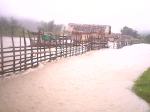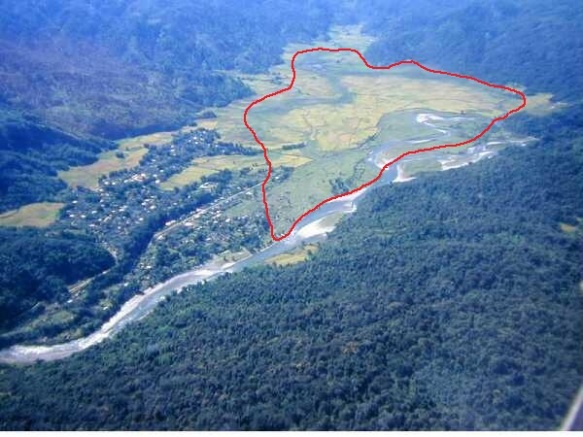Jesus Says ‘Go Rather to the Lost Sheep of Israel’
Jesus was born in the Jewish community just as it was prophesied in the Old Testament Scripture. He is called “Son of David, the Son of Abraham” in Mathew 1:1. David, king of Israel, and Abraham, the father of faith, were prominent characters in the history of Israel (Jews). Jesus had twelve special Jewish disciples to whom He gave special training for HIs mission during His earthly ministry.
The ultimate purpose of Jesus’ coming into the world was to pay the penalty of sin. Jesus said, “For even the Son of Man did not come to be served, but to serve, and to give His life a ransom for many.” (Mark 10:45).
However we read in the Gospel account of Mathew 10:5-6 like this, “These twelve Jesus sent out and commanded them saying, ‘Do not go into the way of the Gentiles, and do not enter a city of the Samaritans. But go rather to the lost sheep of the house of Israel.’” And also in Mathew 15:24 Jesus said, “I was sent only to the lost sheep (people) of Israel.” Isn’t it strange to know one of the primary concerns of Jesus was for His own people?
Contextually, the first occasion was said while He was commissioning the twelve disciples for the first time to preach the good news of the kingdom of God (cf. Mathew 10:7). Usually this is called the Limited Commission (only for Jews) in contrast to the Great Commission (for all people) in Mathew 28:19,20 (cf. Mark 16:15,16; Luke 24:47; John 20:21). And the later occasion was while responding to a Canaanite woman (a Gentile), who came to ask Jesus to heal her daughter, who was suffering terribly from demon-possession (cf. Mathew 15:22). Jews considered themselves as special people of God so they neglect and hated Gentiles. They viewed Gentiles as sinful people in comparison to themselves. (Jesus abolished the enmity between Jews and Gentiles when He died on the cross, cf. Eph. 2:14,15).
This brief background helps us, somehow, to understand the difference between Jews and Gentiles in the earthly days of Jesus. But the point I want the readers to keep it mind is Jesus’ command, “Go rather to the lost sheep of the household of Israel.” Here Jesus is teaching a lesson to His disciples to love and care first for own people. Here we see Jesus wanted His own community to receive the first privilege from His ministry. Apostle Paul agrees to what Jesus says. He writes, “I am not ashamed of the Gospel, because it the power of God for salvation of everyone who believes: first for the Jew, then for the Gentile.” (Romans 1:16).
How many of us think that it is one of the first priorities to love and care our own people as far as an aspect of biblical teaching is concerned? Jesus taught the disciples to do so. Are we doing and teaching others to do so? Of course, it does not negate our responsibilities to love people other than our community. But if we don’t love our community and care for their needs according to our ability, what can we expect to do for others? We did not choose our community, bud God did, and He did it purposefully. As Jesus said to His Jewish disciples, He may be saying to you now ‘go rather to the lost people of your community’ before you go to others. May the Lord enable us to do our responsibility for our people!
“Better Late Than Never!”










